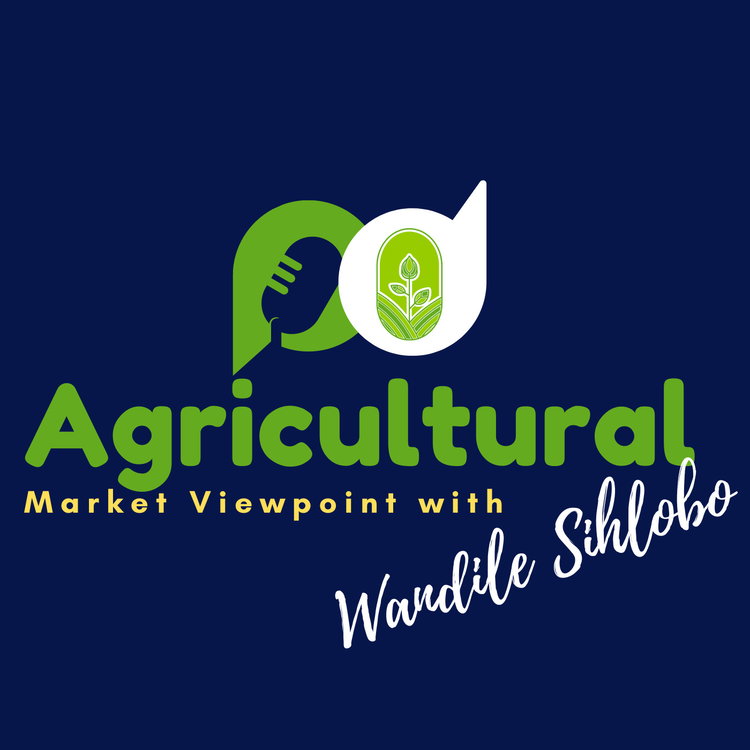
SA's ample grain harvest may help ease food price inflation concern
Loading player...
South Africa's 2024-25 summer grains and oilseed production estimate was lifted again this month, by 2% from the June 2025 estimate to an expected 18.74 million tonnes (up 21% year-on-year).
There is an annual uptick in all the crops, mainly supported by favourable summer rains and the decent area plantings. This ample harvest will likely add downward pressure on prices, which bodes well for consumer food price inflation.
The recent surge in maize prices was linked to the slow harvest process and quality issues, but that should be short-lived and does not change our view of potentially moderating prices going forward.
A closer look at the data reveals that the monthly upward revisions were primarily in maize (+2%) and soybeans (+3%). Meanwhile, the rest of the other crops were roughly unchanged from the previous month. However, the sunflower seed and groundnuts were each lowered by 3% from last month.
More specifically, South Africa's maize harvest is now forecast at 15.03 million tonnes, which is 17% higher than the crop for the 2023-24 season. Importantly, these forecasts are well above South Africa's annual maize needs of approximately 12.00 million tonnes, implying that South Africa will have a surplus and remain a net exporter of maize.
Regarding oilseeds, the soybean harvest is estimated at 2.72 million tonnes, representing a 47% year-over-year increase. Sunflower seeds are up 12% from the last season and are estimated at 708,300 tonnes.
The groundnut harvest is estimated at 61,389 tonnes (up 18% y/y), sorghum production is estimated at 137,970 tonnes (up 41% y/y), and the dry beans harvest is at 74,299 tonnes (up 47%). The base effects and favourable agricultural conditions boosted the yields.
In essence, South Africa is experiencing a recovery season for its grains and oilseeds production, although some areas may face quality challenges, particularly white maize.
Still, the quality issues do not fundamentally change the available volume for milling acceptability, and food supplies, although it may weigh on farmers' profitability. We see the benefit of the solid harvest in generally softening commodity prices, now lower than last year, boding well for consumer food price inflation.
Listen to the podcast for more insights.
Richard Humphries and Sam Mkokeli produce this podcast.
There is an annual uptick in all the crops, mainly supported by favourable summer rains and the decent area plantings. This ample harvest will likely add downward pressure on prices, which bodes well for consumer food price inflation.
The recent surge in maize prices was linked to the slow harvest process and quality issues, but that should be short-lived and does not change our view of potentially moderating prices going forward.
A closer look at the data reveals that the monthly upward revisions were primarily in maize (+2%) and soybeans (+3%). Meanwhile, the rest of the other crops were roughly unchanged from the previous month. However, the sunflower seed and groundnuts were each lowered by 3% from last month.
More specifically, South Africa's maize harvest is now forecast at 15.03 million tonnes, which is 17% higher than the crop for the 2023-24 season. Importantly, these forecasts are well above South Africa's annual maize needs of approximately 12.00 million tonnes, implying that South Africa will have a surplus and remain a net exporter of maize.
Regarding oilseeds, the soybean harvest is estimated at 2.72 million tonnes, representing a 47% year-over-year increase. Sunflower seeds are up 12% from the last season and are estimated at 708,300 tonnes.
The groundnut harvest is estimated at 61,389 tonnes (up 18% y/y), sorghum production is estimated at 137,970 tonnes (up 41% y/y), and the dry beans harvest is at 74,299 tonnes (up 47%). The base effects and favourable agricultural conditions boosted the yields.
In essence, South Africa is experiencing a recovery season for its grains and oilseeds production, although some areas may face quality challenges, particularly white maize.
Still, the quality issues do not fundamentally change the available volume for milling acceptability, and food supplies, although it may weigh on farmers' profitability. We see the benefit of the solid harvest in generally softening commodity prices, now lower than last year, boding well for consumer food price inflation.
Listen to the podcast for more insights.
Richard Humphries and Sam Mkokeli produce this podcast.

